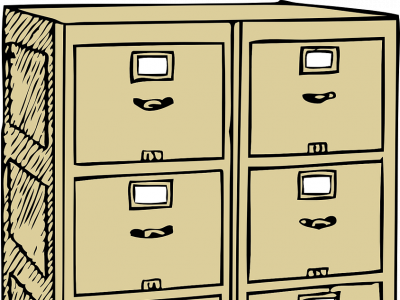Neo Nubian K’naan: Somalia’s Voice, Canada’s Rebel Poet

This article has been archived
K’naan: From War-Torn Mogadishu to Global Microphone
K’naan means traveller in Somali. And few names could fit better.
Born Keinan Abdi Warsame in 1978 in Mogadishu, Somalia, K’naan grew up in the middle of civil war. Bombs exploded around him. Blood stained the streets. But so did poetry, music, and resistance.
His aunt, Magool, was one of Somalia’s most beloved singers. His grandfather, Haji Mohammad, was a poet. K’naan absorbed this heritage like breath.
When his father left for the U.S., he sent back hip-hop records. Young Keinan listened closely. He didn’t understand the lyrics—yet. But the rhythm? The urgency? He felt it in his bones.
A New Life, a New Language
At age 13, K’naan escaped Somalia with his mother and siblings. They lived briefly in New York City, then moved to Rexdale, a tough immigrant neighbourhood in Toronto.
K’naan couldn’t speak English at first. But he taught himself—phonetically mimicking rap lyrics until he mastered the sound, the syllables, the swagger.
As he grew, so did his voice. His words turned into music. His pain became poetry.
Speaking Truth to Power
In 1999, K’naan got a rare chance—to speak at the United Nations High Commissioner for Refugees. Instead of thanking the agency, he slammed them for failing Somalia. The room fell silent. Then it stood.
In the crowd sat Youssou N’Dour, the Senegalese legend. He invited K’naan to work on his album Building Bridges. That collaboration opened global doors.
Soon after, K’naan hit the road—touring the world, performing at the Montreal Jazz Festival, the Halifax Pop Explosion, and events hosted by the UN.
Music with a Message
In 2005, he released his debut album, The Dusty Foot Philosopher. Critics loved it. It won the Juno Award and a BBC World Music Award. His second album, Troubadour (2009), made him a global star.
K’naan’s music is a bold fusion of Somali soul, hip-hop, protest poetry, and Ethiopian jazz. It echoes Bob Marley, but with the urgency of war.
He avoids gangster clichés. Instead, he raps about refugees, violence, loss, and home.
“Where I come from,” he said, “gangsterism isn’t bragging rights. It’s survival. It’s tragedy.”
Soundtrack of Survival
His songs have appeared on FIFA video games, Madden NFL, and BET Cyphers. Still, fame hasn’t dulled his edge.
K’naan sees through global hypocrisy. He once said, “The kids I knew in Somalia—some had killed 15 people. But they weren’t bragging. They wore Zellers jackets and were laughed at in school.”
Art as Activism
K’naan doesn’t just make music. He moves people.
In 2011, he teamed up with Bono to raise awareness about the East African drought. He campaigned to pass Canada’s Bill C-393 to improve medical aid for African countries. He worked with James Orbinski of Dignitas International.
He even spoke out about Somali piracy—not to excuse it, but to explain it.
“Pirates didn’t just appear,” he said. “They started as fishermen defending their coast from foreign dumping. Then greed took over.”
Collaborations and New Sounds
In 2012, K’naan released an EP titled More Beautiful Than Silence, featuring tracks like “Nothing to Lose” and collaborations with Nas and Nelly Furtado.
His sound keeps evolving. But one thing never changes—his commitment to truth.
K’naan isn’t just a rapper. He’s a refugee griot, a global troubadour, and a truth-teller with rhythm.
His journey from the war-zones of Mogadishu to the stages of the world reminds us: Words can rebuild what war destroys.
